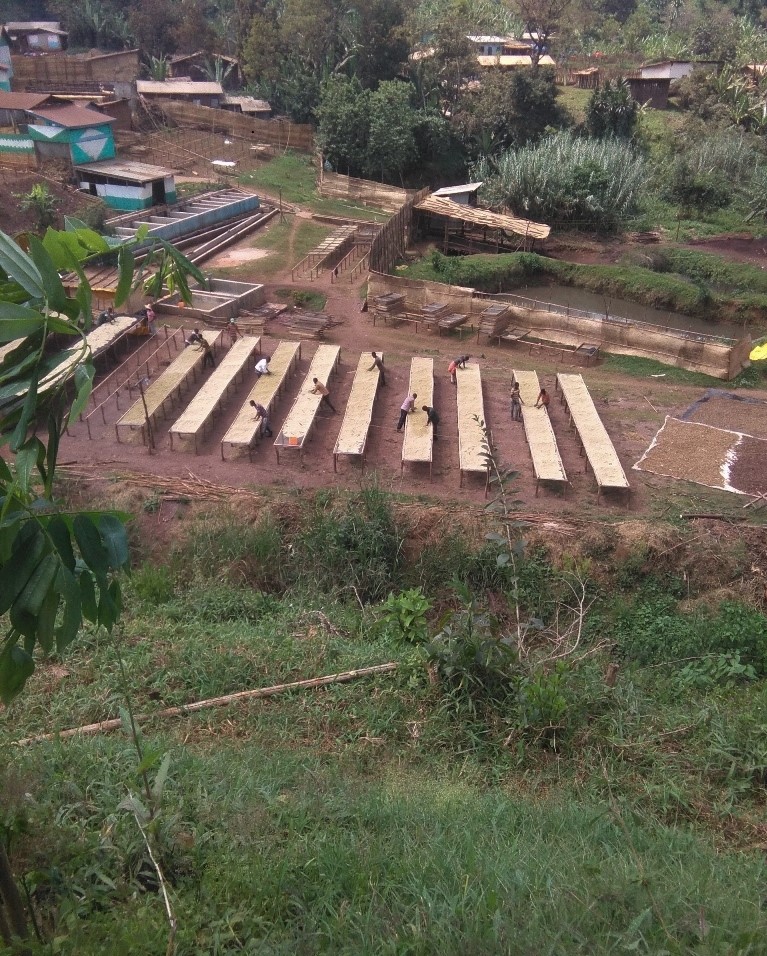Ethiopia Yirgacheffe 1 Natural Halo Bariti – *50526* – 25870 – GrainPro Bags – SPOT COSEATAC
Position Spot
Bags 0
Warehouses Seattle
Flavor Profile Blackberry, brown butter, milk chocolate, creamy, sweet
Please Note This coffee landed more than 8 months ago.
Check out our Guide to Ethiopian Coffee Grades
Out of stock
About this coffee
Grower
Smallholder farmers organized around EDN Ethiopian Coffee
Altitude
1900-2300 masl
Variety
74112 and 74110 local landraces
Soil
Vertisol
Region
Halo Beriti Kabele, Gedeb Woreda, Gedeo Zone, Southern Nations, Nationalities, and Peoples’ Region
Process
Fully washed and dried on raised beds
Harvest
October - December
Certification
Conventional




